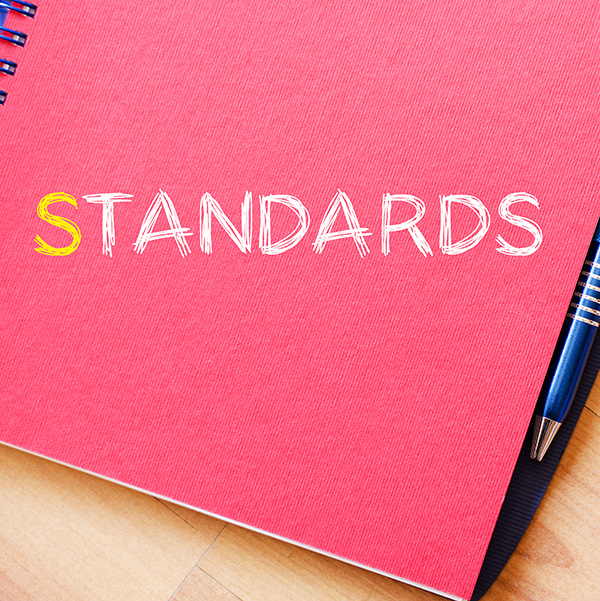Mentoring as support for professional development

Being and Becoming A Research-Active Teacher Educator
May 12, 2020
Teacher educator conversations prompted by the COVID-19 pandemic: opportunities and responsibilities (post 1)
October 13, 2020
Expectations to mentoring
Mentoring is acknowledged as a means to support professional development for teachers. However, mentoring has multiple meanings and may be practiced as supervision, support or collaborative self-development for new as well as experienced teachers. As researchers we were curious to find out what expectations newly qualified teachers, their mentors and their school-leaders have to mentoring and professional development and thereby to identify what kind of mentoring is needed. We also wanted to look at similarities and differences among the three groups
.The study
This Norwegian study is based on Smith’s (2003) understanding of the individual perspective on professional development: Professional development means becoming the best professional one can possibly be (adapted quote from Underhill, 1986). There is no fixed route to be followed in professional development, nor is there an end to the development as long as people work in the profession. However, professional development is also strongly connected to the community. According to Lauvås and Handal (2000), peer mentoring is one of the most important prerequisites for professional development in schools. Lauvås, Lycke and Handal (1996) argue that peer mentoring makes it possible to break old patterns and support professional learning for newly qualified as well as experienced teachers. Data was collected through questionnaires and focus group conversations. Altogether, 32 newly qualified teachers, 5 mentors and 14 school leaders answered the questionnaire. Having read the answers collected from the questionnaires, we acknowledged that we wanted a deeper understanding of newly qualified teachers’ and mentors’ expectations to professional development. Therefore, a second source of data was collected from focus groups with one group of educated mentors; six mentors and two groups of newly qualified teachers; altogether five teachers.
Mentoring as support
Here we will present a short summary of the findings from the study (see more in Helleve, Ulvik & Roness, 2019). The result shows a discrepancy between school leaders’ expectations on one hand and those of mentors’ and newly qualified teachers’ on the other. While school leaders call for supervision and for teachers’ possibilities to join external courses, mentors and newly qualified teachers ask for mentoring rooted in classroom-activities. In addition to an appointed mentor, the novice teachers mention activities like for example possibilities for classroom observations which, according to Hobson, Ashby, Malderez and Tomlinson (2009) is one of the activities that best can support professional development. What mentors ask for are structures, autonomy and possibilities for collaboration and peer mentoring for all the teachers in the school. One implication of the study is to introduce an induction period for novice teachers where they are gradually included in the organization. Another implication is to use educated mentors as resources for school development, not only for newly qualified, but also for experienced teachers. Implications for politicians are to provide resources and for school leaders to provide space and protected time for mentoring and professional learning at all levels to ensure sustained school development.
References
Helleve, I., Ulvik, M. & Roness, D. (2019). Mentoring as support for professional development, Nordic Journal of Education and Practice, 13(2), 56-75.
Hobson, A.J., Ashby, P., Malderez, A., & Tomlinson, P.D. (2009). Mentoring beginning teachers. What we know and what we don’t. Teaching and Teacher Education. 25(1), 207–216.
Lauvås, P., Lycke, H. K. & Handal, G. (1996). Kollegaveiledning i skolen. Oslo: Cappelen Akademisk Forlag.
Lauvås, P. & Handal, G. (2000). Veiledning og praktisk yrkesteori. Oslo: Cappelen Akademisk Forlag.
Smith, K. (2003). So, What about the Professional Development of Teacher Educators? European Journal of Teacher Education, 26(2), 201-215.





